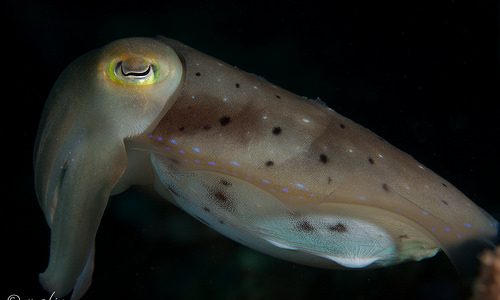What do slipstream, near-future and climate-fiction authors have in common with the European Human Brain Project and the Bristol Robotics Laboratory?
In this case, creating stories to provoke debate between the scientific community and the public as part of the Bristol Lit Fest.
I’m a science-fiction writer – a near-future type rather than a distant planets type – and for some time I’ve been interested in the power of fiction, especially short fiction, to provoke debate. This often happens in the media when a popular science-fiction film portrays an apocalyptic future, but it’s less common to find a live event with real authors and real scientists.
As the Author in Residence for Virtual Futures, an organisation once described as “the Glastonbury of cyberculture”, I’ve been creating specially written five-minute stories for the past twelve months for their Salon events. These Salons bring together artists, philo-sophers, cultural theorists, technologists and fiction writers to consider the future of humanity and technology. They have introduced me to the new and exciting worlds of neurostimulation, prosthetic envy and bio-art – to name a few.
So, it was with a high level of excitement that I accepted an invitation from SilverWood Books to participate in their Bristol Lit Fest event, Science and Science Fiction: Versions of the Future.
And that’s why I found myself standing on the concourse of Paddington station one sunny Friday morning with two other authors, Allen Ashley and Jule Owen, and two social scientists from the Human Brain Project Foresight Lab. We were off to spend the day with the roboticists, taking a rare opportunity to look behind the scenes of cutting-edge tech, and ask whatever we wanted in the privacy of a closed meeting room.
We soon moved on from the inevitable pleasant introductions and small talk to meanderings about the future of politics, technology, the singularity and beyond. We became so enthusiastic that a nearby passenger joined us to bring his own perspective and generally join in the debate.
The day was shaping up very nicely!
When we arrived at the lab, Professor Alan Winfield gave us a whistle-stop tour and for the first time that day we all fell silent(ish).
I was fascinated, almost overwhelmed, by the robots he showed us, including robots that eat dead flies and excrete their waste, and an experimental swarm of them modelling how nanobots might enter your body and fix diseased cells. We also met Jules, the robot that mimics facial expressions – a particularly high point for fellow author Jule.
After the tour we moved on to the main event of the day: meeting the scientists to quiz them relentlessly about their work, and drawing every drop of inspiration possible in the process. They were very obliging and answered with enthusiasm and a wealth of information.
We heard all about different aspects of the lab’s work, ranging from medical, rehabilitation and emergency rescue robots through to morphological computation and bioenergy robots. We also ended up in a lively debate about robot ethics and the extent to which science fiction should be technology-optimistic. This is one of the perennial issues for this type of sci-fi writing and we decided to aim for something more in keeping with TV’s Black Mirror than a robot apocalypse.
Listening to the conversations on the train back, I’d say we achieved exactly what we set out to. My head was certainly buzzing with all sorts of ideas and the difficult part has been to settle on “the one”!
And now the stories are taking shape, getting ready for the festival. If we’ve done a good job these three five-minute stories will entertain the audience and provoke an informed debate with the scientists.
I’m sure the event will be as mind-stretching and inspiring as our visit to the robotics lab. If you live near Bristol, you should come along and join in!



